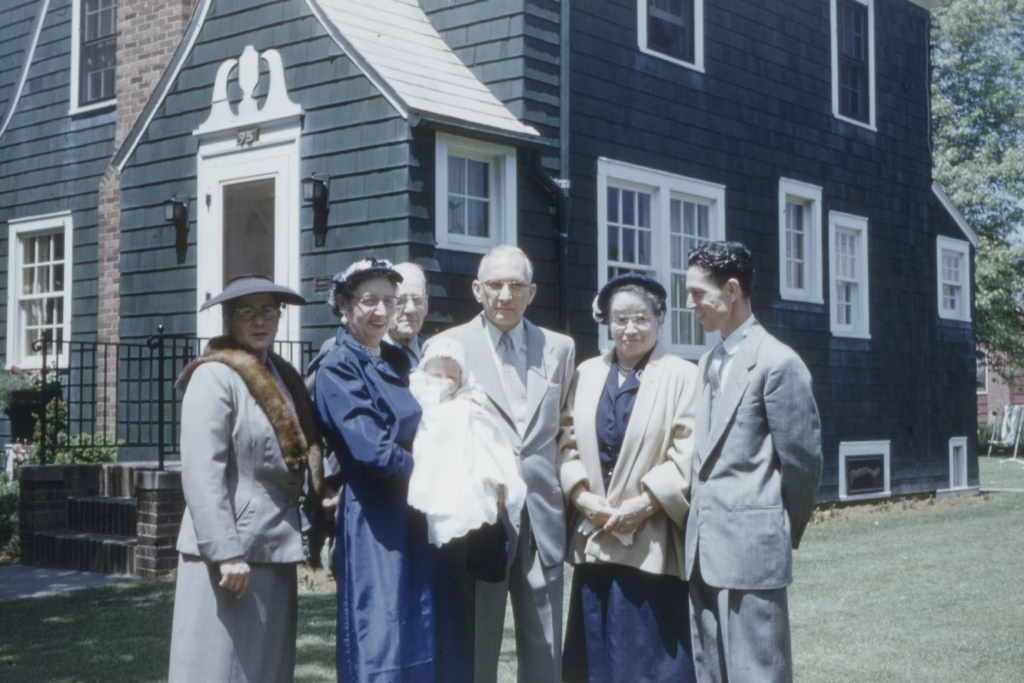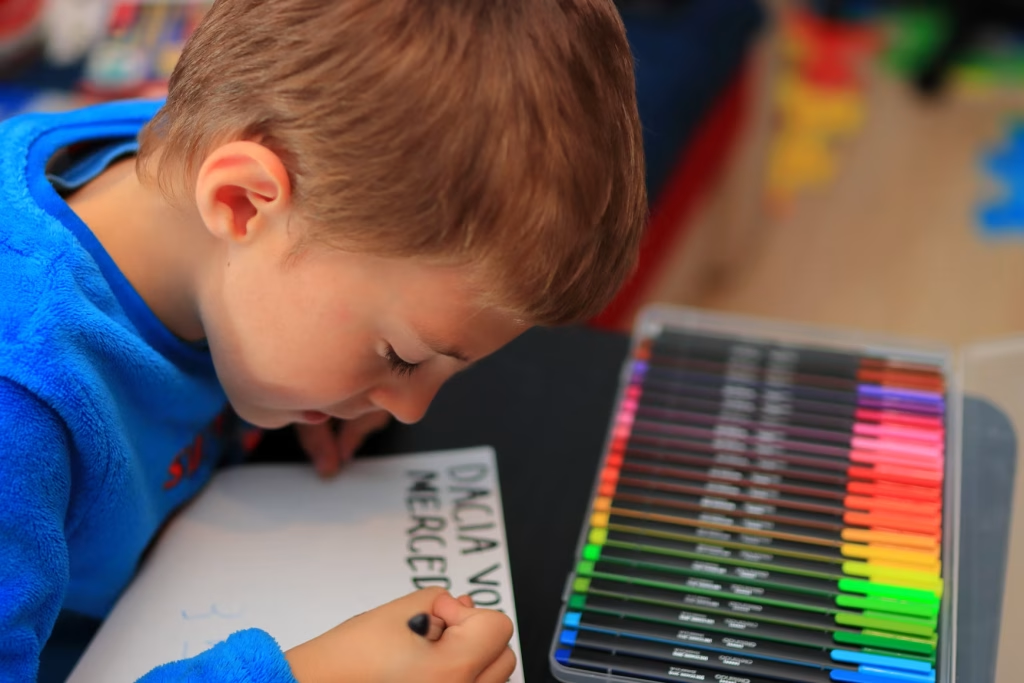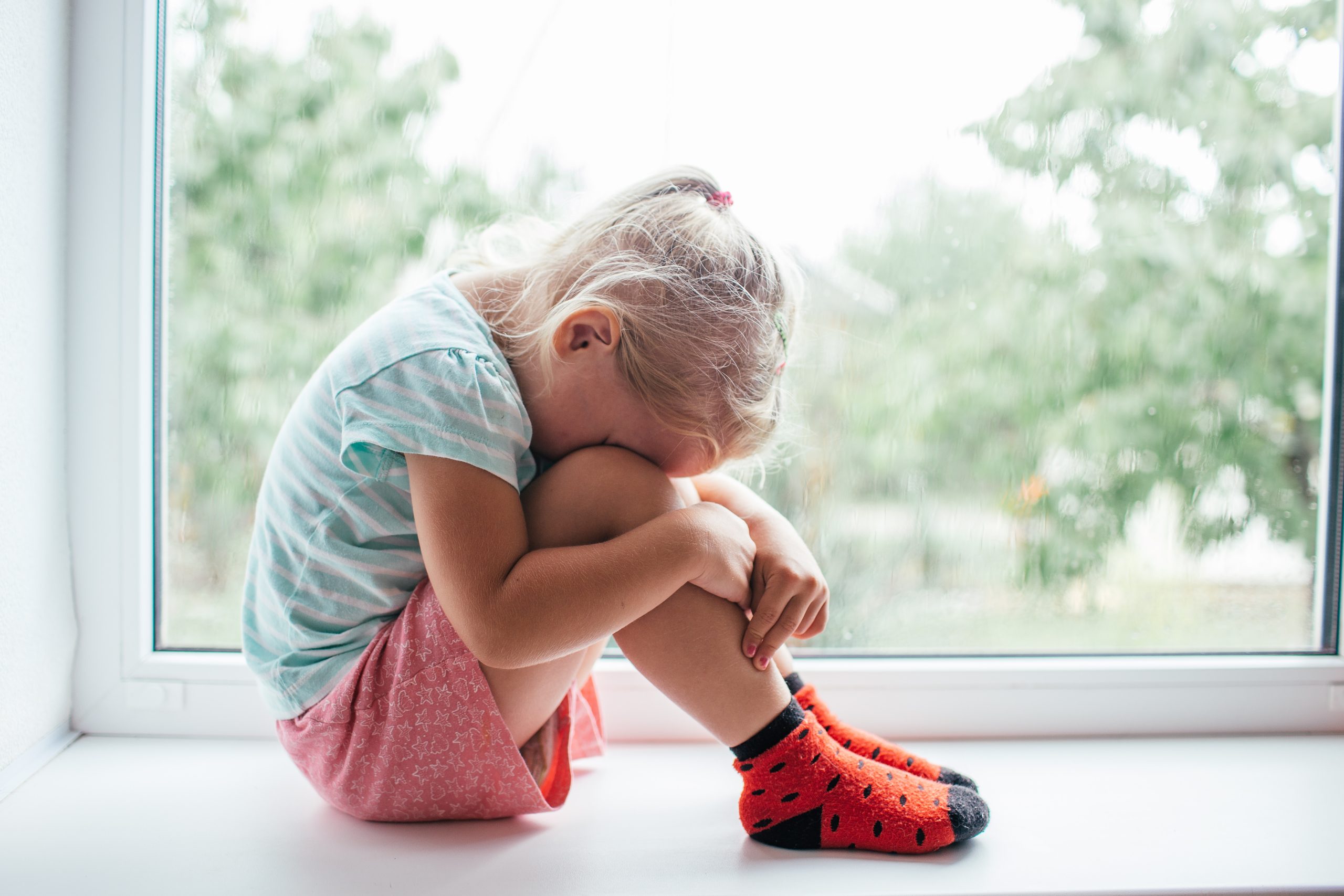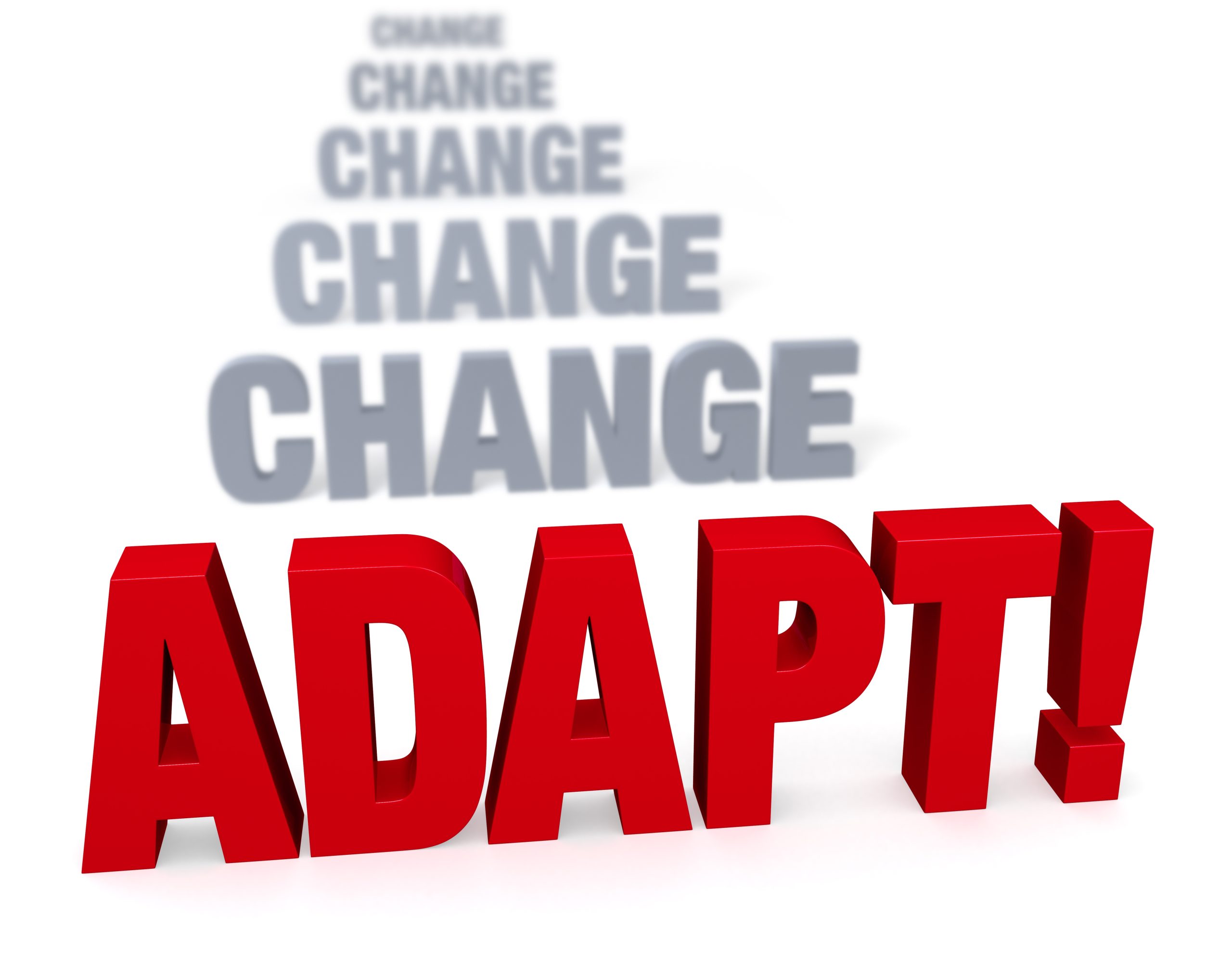
If you’ve ever struggled to express feelings—or found it tough to connect deeply with others—you’re not alone. Many Millennials and Gen Z adults wonder whether the way they were raised contributed to today’s surge in anxiety, depression, and emotional detachment.
Rather than pointing fingers, it helps to examine how the dominant parenting approach of Baby Boomers might have shaped both the strengths and struggles of their children.
Boomer Parents Were Deeply Involved—Sometimes Overly So
Baby Boomers ushered in an era of unprecedented parental engagement: driving to every soccer practice, checking homework, and offering frequent advice well into their kids’ adulthood.
A landmark study found that Boomers gave emotional or practical help to their adult children multiple times a week. Yet “always there” can morph into “too involved.”
That unwavering attendance at every recital or late‑night proofreading session came from love—and it also set a high bar. Many Millennials remember feeling torn between gratitude for constant support and pressure to meet equally high expectations.
Today, a helpful first step is simply naming that tension: “I appreciate how present you were, but I also felt I always had to ace it.” Acknowledging both gratitude and pressure lets families honor good intentions without glossing over side effects.
When parents constantly intervene, children may have fewer chances to solve problems independently. Over time, that can blunt emotional resilience.
Ultra‑Involvement Can Stifle Emotional Growth
Helicopter‑style oversight didn’t start with Millennials; Boomers often pioneered it. A University of Northern Iowa paper observed that close monitoring of teens’ academics and friendships sometimes undercut self‑regulation skills.
Consider the difference between rescuing and scaffolding. Rescuing means swooping in to fix the science‑fair project at midnight. Scaffolding is asking guiding questions—“What’s your next step?”—and letting the child decide.
Adults who grew up with rescuing often notice a sneaky doubt when challenges arise: “Can I handle this by myself?” If that feels familiar, experiment with micro‑risks: try a new hobby without Googling ten tutorials first, allow a friend to give feedback before perfecting a draft. Each small stretch rewires the “someone will save me” script.
If parents solve every conflict or cushion every failure, kids may struggle later with anxiety, perfectionism, or fear of disappointing others. The lesson: presence is valuable, but boundaries matter.

Early Emotional Support Predicts Adult Well‑Being
Research is clear: childhood emotional climate strongly forecasts adult mental and physical health. Adults who reported low warmth in youth faced higher rates of depression and chronic illness decades later.
In many Boomer households, affection was shown through provision—roof, food, education—while feelings were rarely discussed. That gap can leave grown children uncertain how to name emotions or seek help.
Emotional Availability Outweighs Practical Help
A 2021 meta‑analysis linked parents’ day‑to‑day emotional responsiveness with superior relationship skills and self‑esteem in offspring. Kids need more than attendance at events; they need validation when they’re sad, angry, or scared.
Without it, some learn to suppress vulnerability—fueling the “emotionally unavailable” stereotype many adults now try to overcome.
Unequal Impacts and Today’s Mental‑Health Crisis
Boomer parenting was not monolithic—race, class, and culture shaped how involvement and emotional expression played out. Still, surveys show record levels of poor mental health among young adults, driven by economic stress, social media, and lingering family dynamics.
Recognizing the role of upbringing helps break cycles of silence and normalize therapy, open dialogue, and healthier boundaries.
Generational Growth Begins With Awareness
So, did Boomer parenting create emotionally unavailable adults? It contributed—alongside broader social forces—to how many of us process feelings today. The hopeful news: emotional availability is learnable at any age.
By practicing empathy, encouraging open conversations, and allowing children to face age‑appropriate challenges, today’s parents can build on their own upbringing rather than simply repeat it.
Have you felt the influence of Boomer parenting in your emotional life? Share your story below—your insight might help another reader feel less alone.
Read More
- Unlock the Heart of Your Child: 10 Life-Changing Ways to Build an Emotional Bond
- Supporting Adult Children: 8 Things Boomers Can Do Instead of Giving Money

Samantha Warren is a holistic marketing strategist with 8+ years of experience partnering with startups, Fortune 500 companies, and everything in between. With an entrepreneurial mindset, she excels at shaping brand narratives through data-driven, creative content. When she’s not working, Samantha loves to travel and draws inspiration from her trips to Thailand, Spain, Costa Rica, and beyond.




























